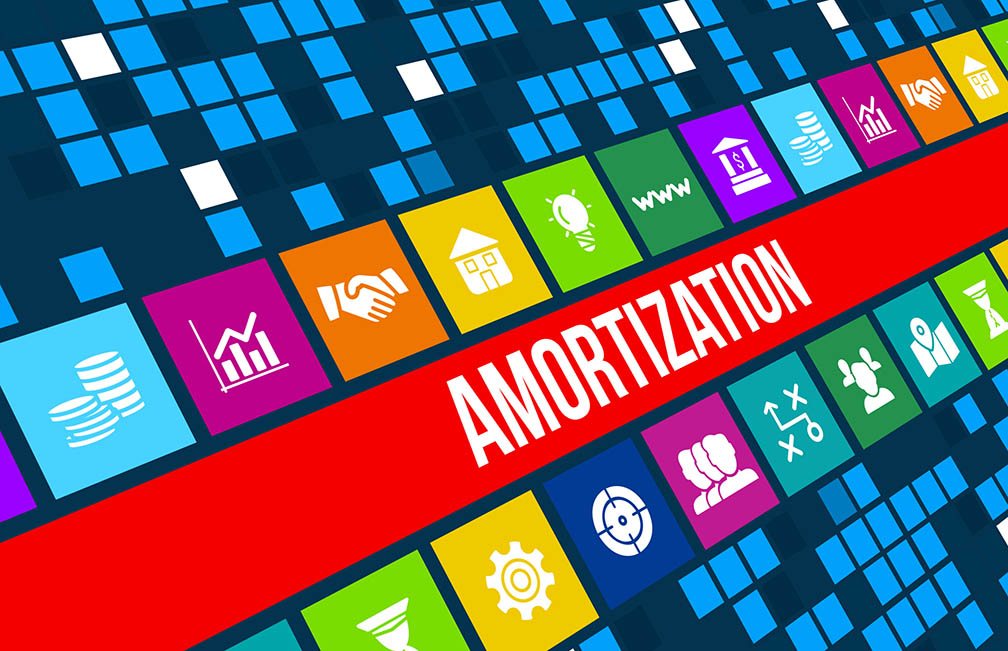Setting Your Budget: How to Analyze Your Finances to Determine How Much Mortgage You Can Afford
 Whether you’re buying a home for the first time or you’ve decided it’s about time that you upgraded to a larger, more expansive house, if you’re making a real estate purchase you’ll need to be aware of how much you can reasonably afford to borrow in a mortgage. In today’s post we’ll take a look at a few ways that you can analyze your financial situation to help decide how much mortgage you can truly afford.
Whether you’re buying a home for the first time or you’ve decided it’s about time that you upgraded to a larger, more expansive house, if you’re making a real estate purchase you’ll need to be aware of how much you can reasonably afford to borrow in a mortgage. In today’s post we’ll take a look at a few ways that you can analyze your financial situation to help decide how much mortgage you can truly afford.
Prepare An Honest Monthly Budget
The first step in understanding how much of a monthly payment you can afford is to create an honest monthly budget which includes all of your family’s income and spending. Although you won’t have to pay them every month, it’s also important that you include costs that show up irregularly like car repairs, Christmas gifts or tuition bills as these still need to be paid. The more information you can place in your budget, the more accurate your financial picture will be.
Your Down Payment Plays A Huge Role
As you might imagine, the amount you can invest in your down payment plays a significant role in how much mortgage financing you will need. Every dollar that you can place in your down payment today is one less dollar that you’ll need to borrow and pay interest on over the amortization period of your mortgage. Take some time to consider how much you can put down, and see if there’s any way you can bump this figure a bit higher.
What Interest Rate Will You End Up Paying?
Small changes to your mortgage interest rate can have significant impacts on how much you are required to pay back over the life of your mortgage. As you’re shopping around, be sure to consider how long your interest rates are valid for and try to determine the lowest rate you might qualify for. You may also find it helpful to use an online mortgage calculator which can help you to understand how your interest rate impacts your monthly payments.
Consult A Mortgage Professional To Learn More
While building a quick budget to analyze your family’s expenses is easy, factoring in all of the various items that a lender will consider might be harder than you expect. If you have questions about the mortgage process and whether or not you’re ready financially, contact your local mortgage professional today.

 Buying a home involves a variety of nuances and strange-sounding terms, and one of the least understood aspects of the home buying process is the escrow account. Essentially, an escrow account is a third party bank account your lender can require you to pay into in order to cover certain costs related to your home. Your lender uses an escrow account to ensure that property taxes and home insurance fees get paid on time.
Buying a home involves a variety of nuances and strange-sounding terms, and one of the least understood aspects of the home buying process is the escrow account. Essentially, an escrow account is a third party bank account your lender can require you to pay into in order to cover certain costs related to your home. Your lender uses an escrow account to ensure that property taxes and home insurance fees get paid on time. With a high volume of millennials set to enter the real estate market this year, it may seem like all the available options out there were created to snag new home buyers. However, there are products available on the market that cater to those who are in their golden years too. If you’re older than 62 and are currently weighing the options with your mortgage, here are the basics on reverse mortgages and why they might positively benefit you.
With a high volume of millennials set to enter the real estate market this year, it may seem like all the available options out there were created to snag new home buyers. However, there are products available on the market that cater to those who are in their golden years too. If you’re older than 62 and are currently weighing the options with your mortgage, here are the basics on reverse mortgages and why they might positively benefit you. Buying a home is one of the largest investments you will make in your life, and that’s why so many people have longer mortgage amortization periods to pay down the principal. While it may seem appealing to have a longer amortization period, here’s why an extended loan term can end up costing you more and may be less financially beneficial when it comes right down to it.
Buying a home is one of the largest investments you will make in your life, and that’s why so many people have longer mortgage amortization periods to pay down the principal. While it may seem appealing to have a longer amortization period, here’s why an extended loan term can end up costing you more and may be less financially beneficial when it comes right down to it. While there are differing schools of thought when it comes to whether or not a person should pay off a mortgage before the loan term ends, there may be some benefits to making payments on a bi-weekly basis as opposed to monthly basis. What are some of the reasons why it may be beneficial to make two payments a month instead of one? Here are three reasons why you should ditch the monthly fees and make payments once every two weeks.
While there are differing schools of thought when it comes to whether or not a person should pay off a mortgage before the loan term ends, there may be some benefits to making payments on a bi-weekly basis as opposed to monthly basis. What are some of the reasons why it may be beneficial to make two payments a month instead of one? Here are three reasons why you should ditch the monthly fees and make payments once every two weeks.